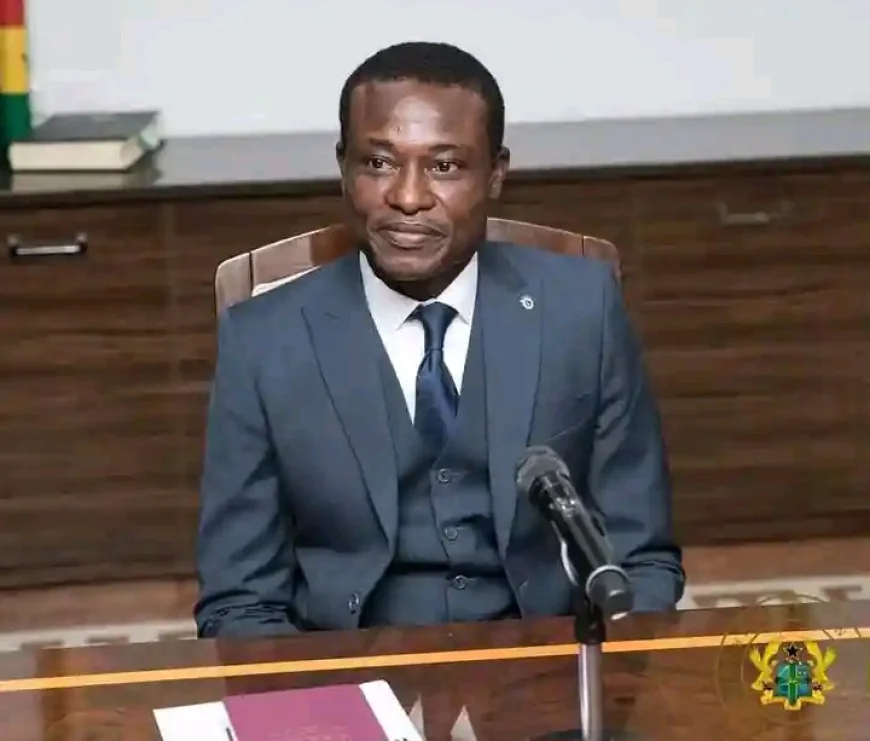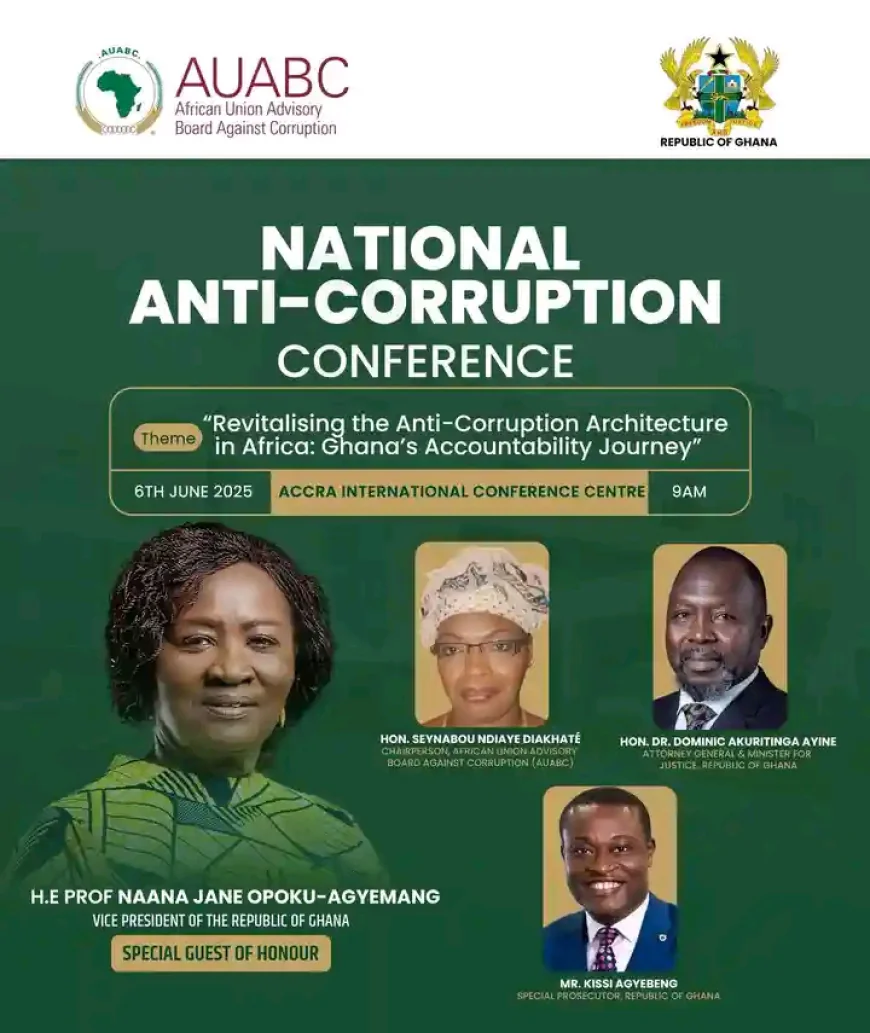I Disagree With Publishing Asset Declarations; It’s Unfavourable – Kissi Agyebeng
The Special Prosecutor opposes the assertion to make public the assets of public office holders since it may expose these individuals to all sorts of unnecessary attacks

The Special Prosecutor, Kissi Agyebeng, has opposed views for the public disclosure of asset declarations by public officers, arguing that such an initiative would be counterproductive and could expose public office holders to unnecessary risk.
Delivering a speech at the High-Level Conference on Ghana’s anti-corruption architecture, held under the theme, “Revitalising the Anti-Corruption Architecture in Africa: Ghana’s Accountability Journey,” in Accra on Friday, June 6, he articulated emphatically that he does not support the idea of making declared assets available for public scrutiny.

“I do not, and I will not add my voice to calls for the publication of assets for public scrutiny. In our experience, it will be unhelpful and would merely subject public officers to inordinate public curiosity and a spectre of the real likelihood of reprisals against the assets,” he vented.
The Special Prosecutor highlighted that instead of full public disclosure, what would strengthen the system is a transparent and functional framework that verifies asset declarations and ensures compliance.
“In my estimation, publication of who has declared or has not declared his assets in the context of a workable asset verification and treason model would be sufficient to assure the integrity of the asset declaration system,” he added.
His submissions come amid heightened public call for increased transparency and accountability among public officials, particularly regarding wealth accumulation while in office. Civil society groups and anti-corruption campaigners have often championed courses for the full publication of asset declarations to deter corruption and promote integrity.
However, Mr. Agyebeng insists that triggering a balance between transparency and the protection of people's rights remains vital for an effective anti-corruption era.


